“King Arthur” (2004) is a historical action film directed by Antoine Fuqua, starring Clive Owen, Keira Knightley, Ioan Gruffudd, and Mads Mikkelsen.
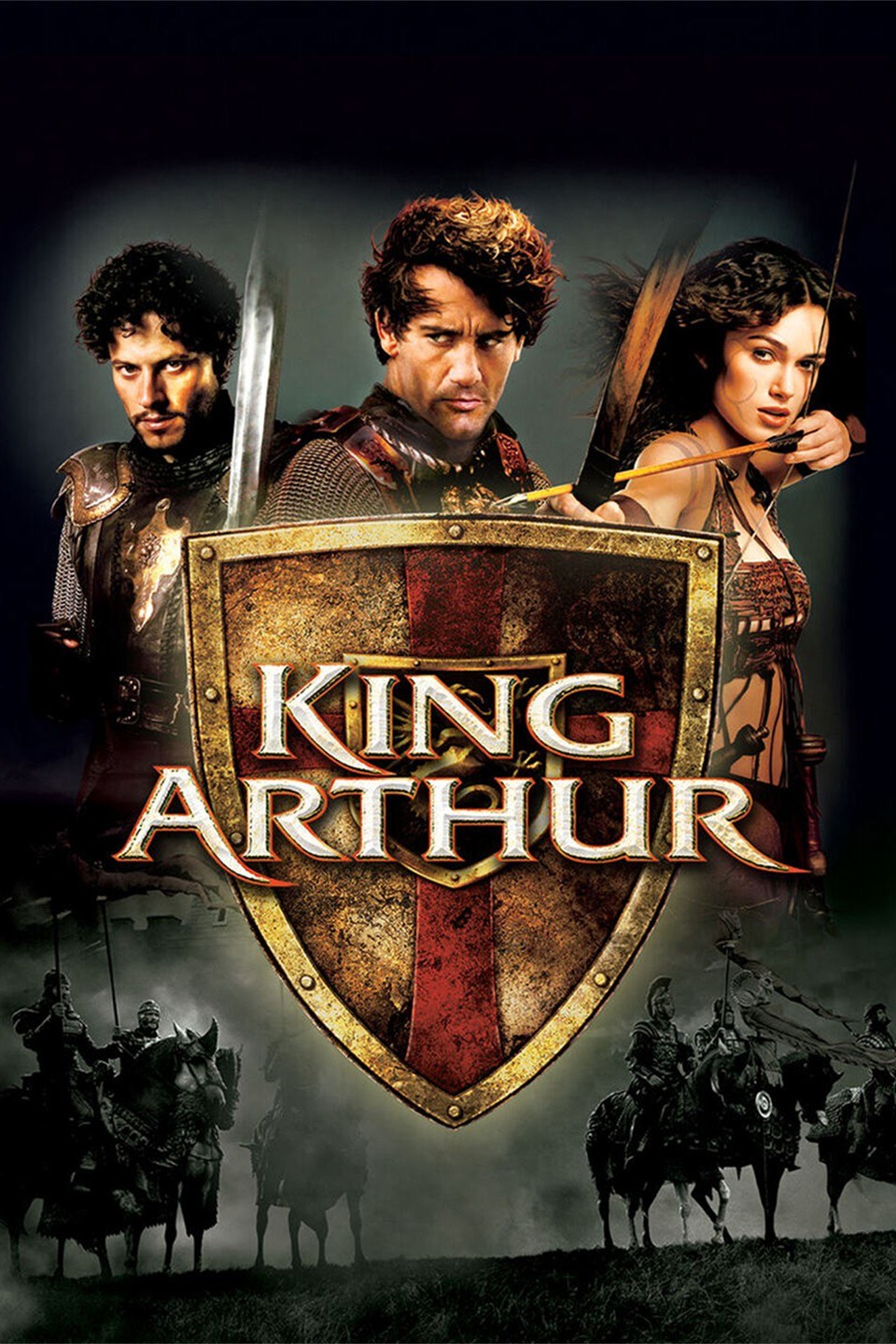
King Arthur (2004) is a historical action film directed by Antoine Fuqua that offers a gritty and grounded take on the legendary tale of King Arthur and his Knights of the Round Table. Unlike the traditional mythological retellings, this film presents Arthur as a real historical figure, rooted in the tumultuous era of the Roman Empire’s decline in Britain.
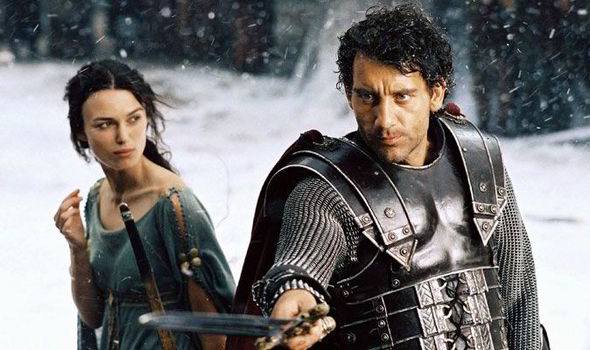
Clive Owen stars as Arthur, a reluctant leader torn between his Roman heritage and his loyalty to the native Britons. Unlike the chivalrous and idealized figure of legend, this Arthur is a battle-hardened warrior, driven by a sense of duty and justice. Owen’s portrayal brings a stoic intensity to the role, highlighting the inner conflict of a man caught between two worlds.
Keira Knightley plays Guinevere, reimagined as a fierce and independent warrior of the Woads, a Celtic tribe resisting Roman occupation. This version of Guinevere is far from the passive damsel of traditional stories; she is a skilled fighter and a key ally in Arthur’s quest. Knightley’s performance infuses the character with strength and resilience, making her a formidable presence in the film.
Ioan Gruffudd takes on the role of Lancelot, Arthur’s loyal right-hand man and closest companion. Gruffudd’s Lancelot is a brooding and complex figure, whose unwavering loyalty to Arthur is matched only by his skill in battle. The film explores the deep camaraderie between Arthur and his knights, emphasizing the bonds forged through years of warfare and shared hardship.
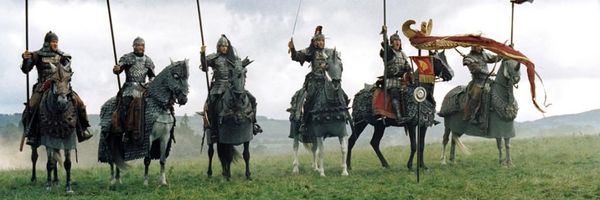
Mads Mikkelsen delivers a standout performance as Tristan, the enigmatic and deadly knight known for his unmatched skills with a sword and his connection to nature. Mikkelsen’s portrayal adds a layer of mystique to the character, making him one of the film’s most memorable figures.
The film is set against the backdrop of the crumbling Roman Empire, as the Saxons invade Britain and the native tribes rise up against their occupiers. Arthur and his knights are portrayed as Sarmatian cavalrymen, bound to serve Rome for 15 years before being granted their freedom. As their service comes to an end, Arthur must decide whether to fulfill his duty to Rome or fight for the freedom of the people he has come to see as his own.
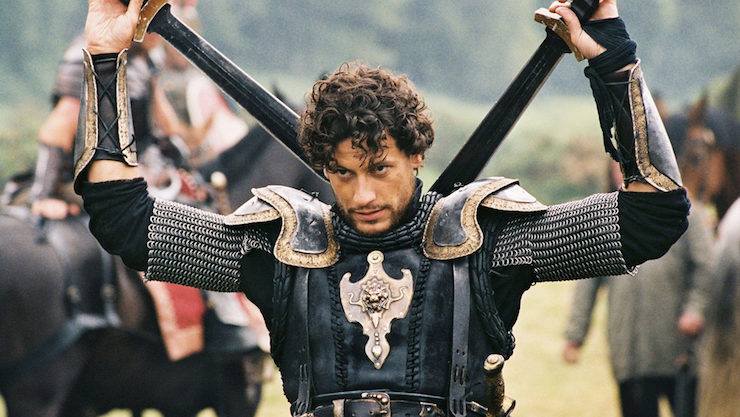
*King Arthur* is visually striking, with Fuqua’s direction bringing a gritty realism to the battle scenes. The action is brutal and unflinching, reflecting the harsh realities of warfare in a time of upheaval. The film’s cinematography, by Slawomir Idziak, captures the bleak beauty of the British landscape, enhancing the film’s somber tone.
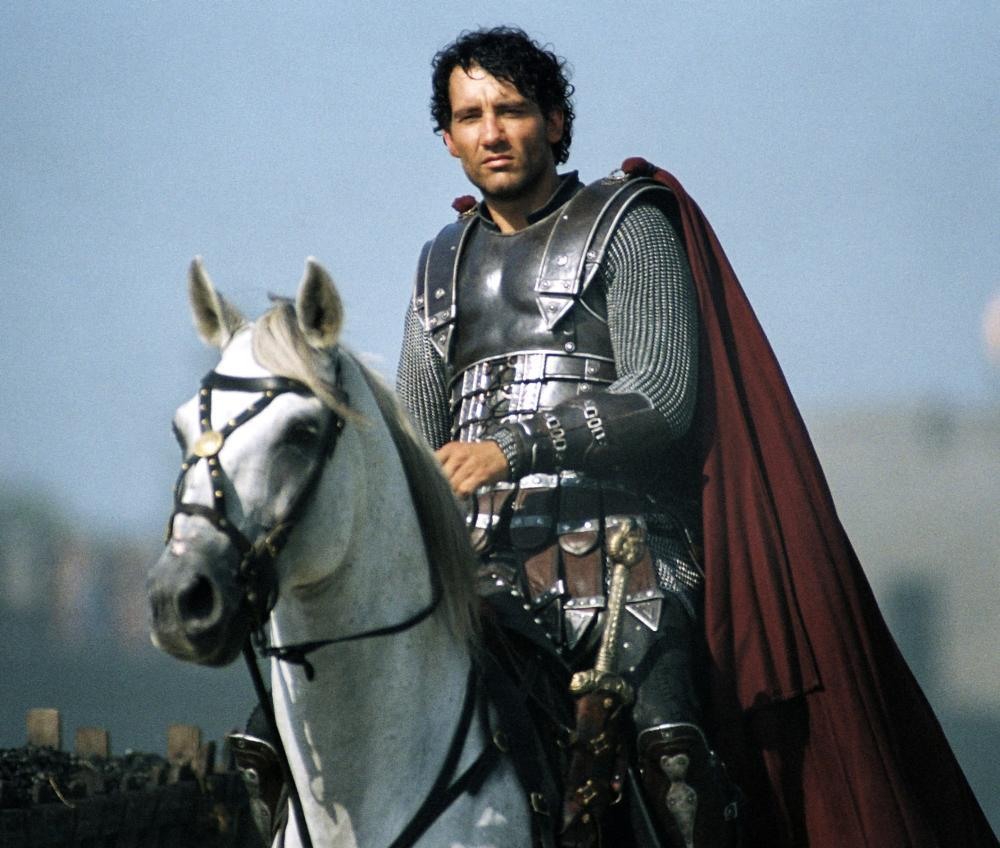
While *King Arthur* takes significant liberties with the traditional Arthurian legend, it presents a fresh perspective on the familiar story. The film explores themes of loyalty, freedom, and the burden of leadership, with Arthur emerging as a complex and conflicted hero.
Despite its historical setting, the film’s emphasis on gritty realism and moral ambiguity resonates with contemporary audiences, offering a version of the Arthurian legend that feels both timeless and grounded in the harsh realities of its time.
In the end, *King Arthur* (2004) is a unique reimagining of a classic tale, blending historical drama with epic action. It may not adhere to the romanticized version of the legend, but it offers a compelling vision of a man striving to reconcile his past with his desire to shape a better future for his people.












